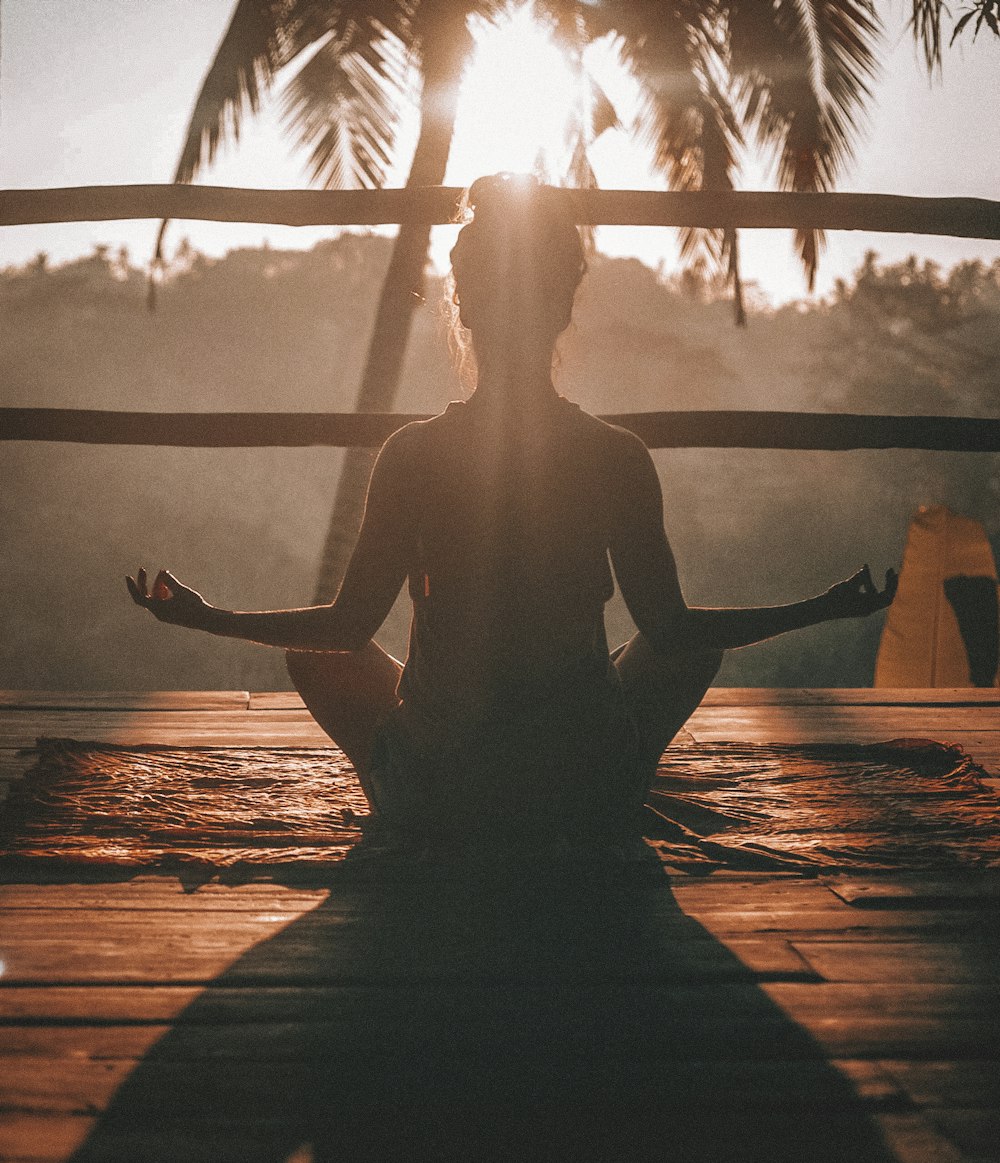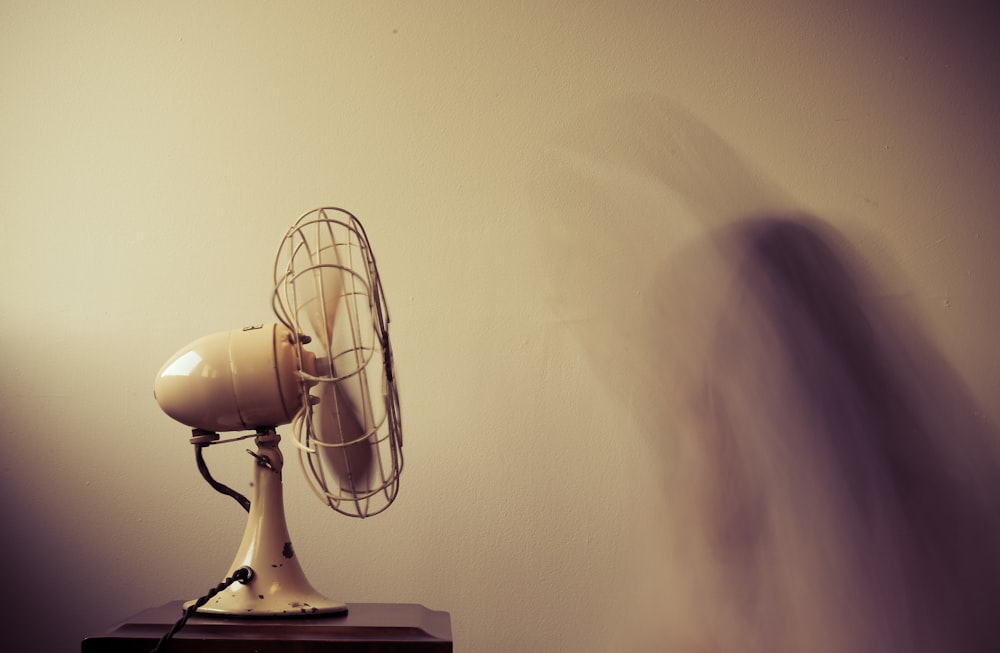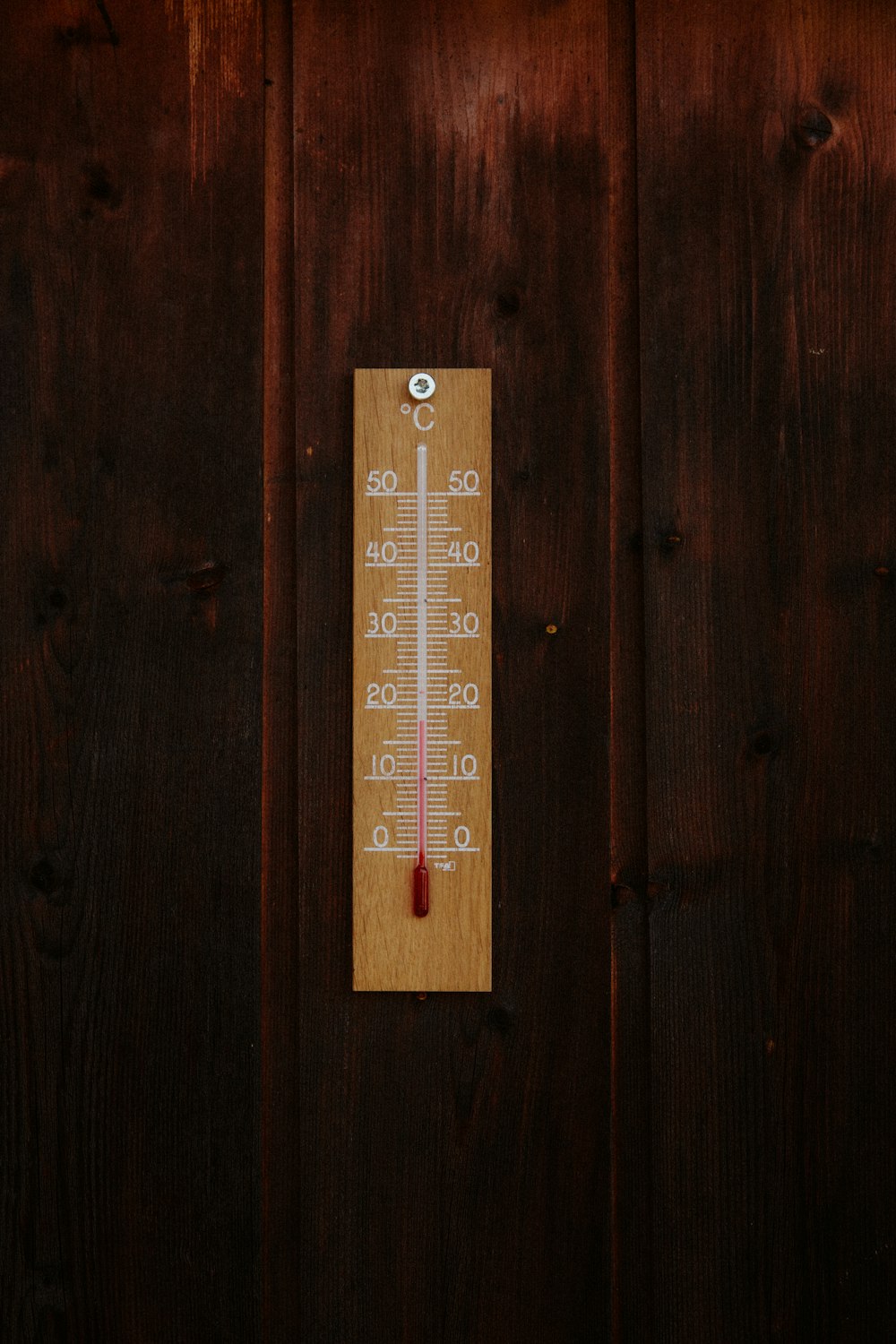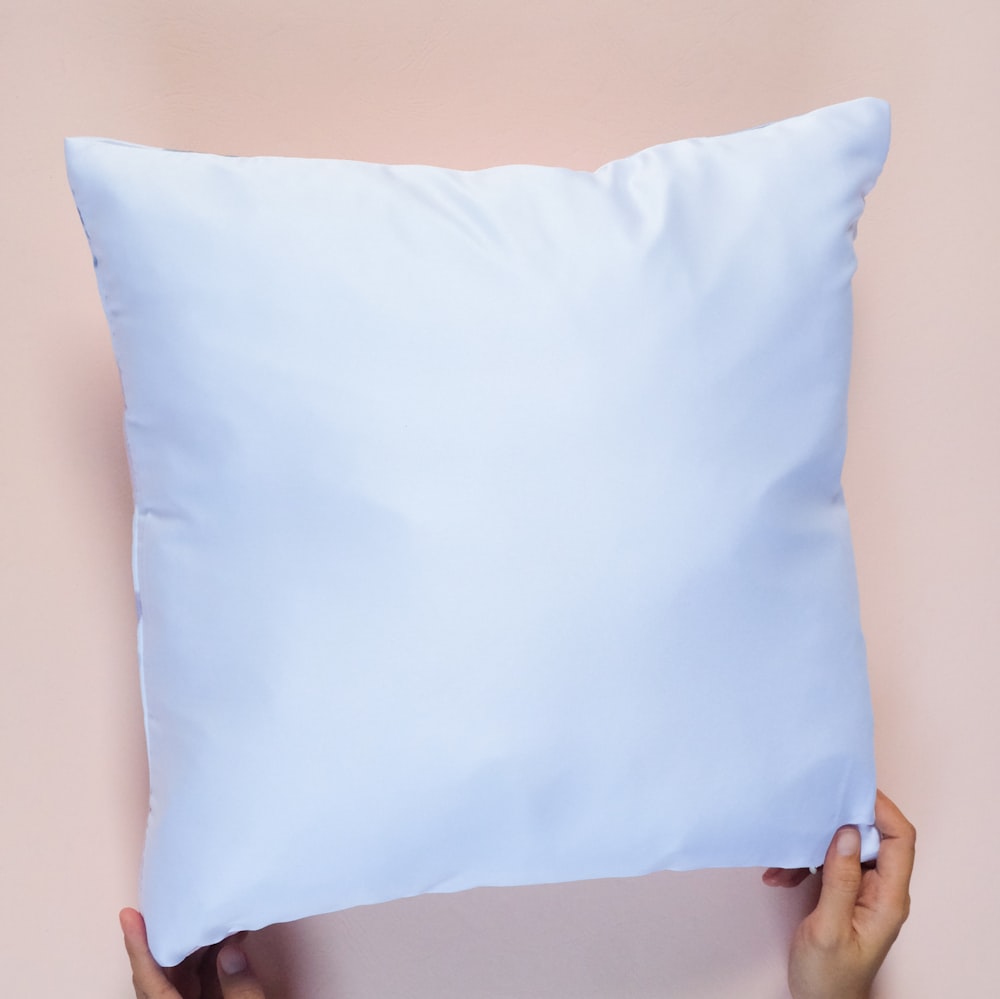Modern life is so demanding that it is easy for us to mess up our natural internal clock and put sleep quality last in our priority. And, that can be a bad thing. Many studies have shown that an inconsistent sleep routine can impact sleep quality. Poor sleep also raises serious health risks such as obesity, high blood pressure, and heart disease.
While it may seem impossible to have a consistent sleep schedule at first, there are different ways you can try. And the good thing is you don’t have to go the extremes to fix your body clock and sleep cycle. You can even limit caffeine and energy drinks so you won’t have trouble falling asleep.
In this blog post, we will discuss all the ways you can do to reset your sleep schedule, fix sleep-wake cycle, and finally put an end to your sleep deprivation. Remember, sleep is important for everyone, so make sure to get enough of it!
1. Set a specific bedtime
Consistency is the key if you want to fix your sleep schedule. A study has shown that if you stick to a structured bedtime schedule it leads to a more stabilized and better sleep and circadian timing. This will help your body establish a routine and make it easier for you to fall asleep and eventually fix your internal clock.
The best part is setting a regular schedule for sleeping is simple and straightforward. All you have to do is set an alarm so that you know when it’s bedtime and time to wake up. The first few days of your new sleep schedule will be challenging to stick to, so we suggest having a relaxing bedtime routine and an ideal sleeping environment. This includes reading a book, taking a warm bath, and putting away all electronic devices an hour before your sleep time.
2. Take a power nap
Experts say that if you nap for 30 minutes or less, it will not interrupt your nighttime sleep and won’t leave you feeling groggy during the day. Plus, it can also help with mental relaxation and refreshment after long periods of concentration or physical activity. One study even shows that midday naps can lower blood pressure.
However, taking a power nap shouldn’t be used to catch up on poor sleep schedules. You will need to address your poor sleeping habits to fully take advantage of naps during the day.
If you are taking a nap, set an alarm! You should not fall asleep for more than 90 minutes, or else you’ll suffer from sleep inertia which will make you even sleepier.
Most importantly, don’t take a nap later in the day or you’ll have a hard time sleeping at night!
3. Keep a consistent sleep schedule
Keeping a consistent wake-up time will help your body get into a sleep schedule. This will keep you from feeling groggy and lethargic during the day because it is natural for our bodies to naturally start getting sleepy at night-time.
A consistent wake-up time also gives you the freedom on weekends or vacations to sleep in if needed!
Doing something active before bedtime can help you sleep better. Doing something active before bedtime can also reduce the amount of time it takes to fall asleep and improve how much sleep we get
One good activity is yoga or any other relaxation exercises that will clear your mind and calm you down for a great night’s sleep!
4. Get outside in natural light every day
We are all creatures of habit. After a long day, it’s easy to get into the routine of staying up late and sleeping in on weekends or vacations
Getting outside for 30 minutes a day will help you establish healthy sleep habits by getting your circadian rhythm back on track! This is especially important if you work night shifts because being exposed to natural light during the day will help regulate your circadian rhythm and promote a healthy sleep schedule. Don’t forget the sun is your natural alarm clock.
It’s important to have a healthy sleep schedule as it will make you feel better during the day and help you be more productive!
5. Avoid screens at least an hour before bedtime
Do not use screens at least an hour before bedtime. It can be really tempting to check our phone or TV right before we go to sleep, but it’s not healthy for your body!
Screens produce artificial light which can severely disrupt the circadian rhythm and make us feel restless at night-time. Try reading a book instead of watching Netflix to help you relax and get ready for bed.
Do not be afraid to try healthy sleep remedies. There are tons of healthy sleep aids on the market that can help you with sleeping better! Keep an eye out for any products such as tea, lavender plants or other things in your area like eucalyptus trees which have been proven to promote healthy sleep.
Blue light refers to a certain wavelength of light that is contained in the visible spectrum and is generally considered unhealthy. Blue light can stop you from sleeping if it affects your body’s melatonin production or triggers activation of your biological clock

6. Stick to the natural circadian rhythm
The circadian rhythm is the natural 24-hour internal cycle that tells your body when to sleep and what time of day it should be awake. Circadian rhythms are often referred to as our biological clock because they regulate many bodily functions, including temperature, blood pressure, heart rate, hormone release and even hunger.
In order for circadian rhythms to help regulate these bodily functions, it is necessary for people to be able to find a healthy sleep schedule that works with their natural circadian rhythm. A healthy sleep schedule should allow at least one full night of uninterrupted sleep and only include naps if the nap will not affect your ability to get a full night’s restful sleep later in the day.
7. Drink plenty of fluids
Your sleep schedule can be fixed by drinking plenty of fluids and staying hydrated.
Drinking enough water will help your body metabolize hormones and maintain healthy levels of fluid, which are very important for healthy sleep!
Keeping a healthy sleep schedule is about finding what works for you to promote healthy sleeping habits that give you the energy and mental clarity to be at your best all day long. As easy as it may seem, healthy sleep habits are not created overnight
It will take some time and practice to find the right balance of healthy sleeping behaviours that work for you. In order for your healthy sleep schedule to be effective, it is beneficial for all members of the family (including pets) to get on board with healthy sleep practices!
8. Practice meditation to fall asleep
In before-sleep meditation, the meditator tries to focus on breathing and go through different parts of their body. This allows for a cool-down from hyperarousal triggered by worries about the day’s events or thoughts about tomorrow – which helps one go into a state of deep relaxation, better preparing oneself for a good night’s sleep.

9. Listen to white noise
White noise has been medically reviewed a study published in the Journal of Science and Medicine in Sport found that white noise does help people sleep better. Researchers tested this with a group of volunteers who were given an hour of white noise to listen to for two days before bedtime. The volunteers who listened to the white noise slept for more hours, woke up less often, and felt more refreshed after they got out of bed than those who had not listened to the white sound.

10. Set the ideal bedroom temperature
Sleep at a temperature that is neither too warm nor too cold. A room that is consistently at 68 degrees Fahrenheit (20 degrees Celsius) has been found to be the best sleep environment for most people. When your body’s internal thermostat is set correctly, it will go into a healthy sleep mode within an hour of your normal bedtime-otherwise it can take up to two hours!

12. Eat earlier
It is recommended to eat in order to go to sleep. Make sure that whatever you eat is healthy though. One way to go about this is to have a light meal of carbohydrates and protein. Your body will go into a state of calmness after your stomach has been filled with food.
Another method would be to wait the designated time before going to bed and having a glass of milk or some hot chocolate with marshmallows. This will give your body energy when it needs it.

13. Get a new pillow
It is recommended to get a new pillow. A new pillow will go a long way to improving your sleep and the quality of rest.
A pillow with the right thickness and firmness is crucial for maintaining proper neck alignment while sleeping on one’s side or back, which helps you go to sleep more easily and avoid any pain.
A good way to go about this is by opting for a foam, memory foam or latex pillow. The goal of the best material is to provide comfort, but that will depend on your preference. They are all nonabsorbent materials that allow skin air circulation. Memory foam provides great support because it moulds itself around your head and neck. A lot of pillows have been medically reviewed and these are the best ones.

14. Use blackout curtains
Natural light schedules aid in your body’s circadian rhythm, but what if you work night shifts? This is where installing blackout curtains can aid in making you feel sleepy even in the morning and generally fix sleep patterns.
As its name suggests, these curtains block natural bright light from coming inside your bedroom. This will prompt your brain to think that it’s nighttime and you should get some sleep.
15. Limit caffeine intake
Caffeine disrupts your internal clock, especially when you consume coffee or energy drinks later in the day. As a matter of fact, it affects the quality of sleep and increases sleep induction (or how long you fall asleep). So, as much as possible, only drink a cup of joe during the morning and avoid afternoon and nighttime.
16. Have a relaxing bedtime ritual
Another way to fix a sleep schedule and restore natural cycles is to have a relaxing nighttime routine. Spend 30 minutes to an hour unwinding before your sleeping schedule. You can try aromatherapy (lavender is known for putting the body in a relaxed state), jot down your to-dos, or take a warm bath.
What to do if none of these tips help?
In the case that these tips do not work for you, it is best to seek medical advice from your doctor. You may be suffering from delayed sleep phase syndrome (DSPS) or sleep disorders like insomnia. A doctor may ask you to take sleep medicine like melatonin supplements and even take a sleep therapy session.
Final Thoughts
Getting a good night’s sleep is important for our health and productivity. It can be difficult to get enough quality sleep if we have an irregular schedule or too many tasks on the go at once, but there are some simple changes you can make that will help your body fall asleep faster and stay asleep longer. This blog post has given you valuable information about how to fix your sleep schedule so it meets all of your needs.










